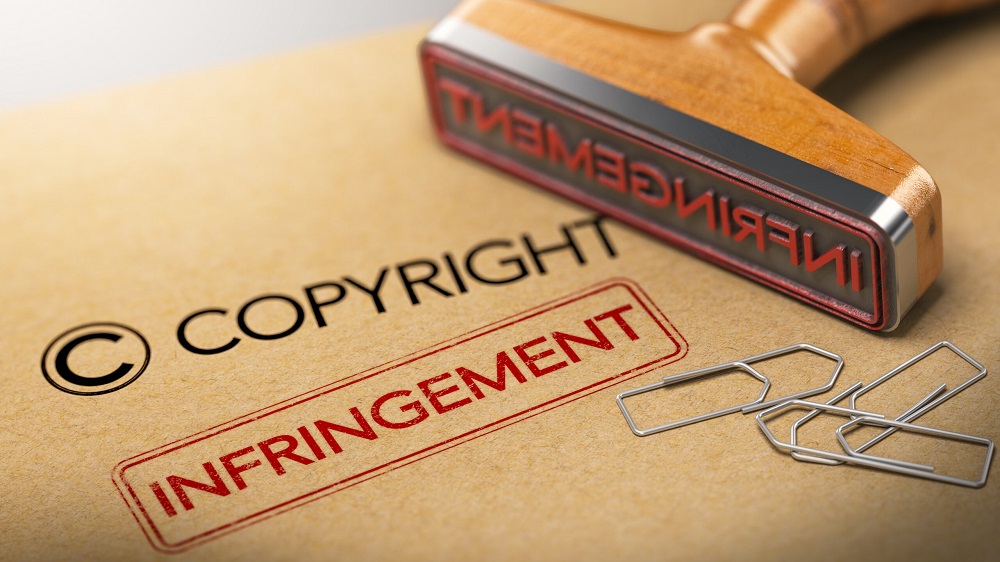By Tehreem Anwar
The rapid evolution of internet-based technologies over the past decade has introduced unprecedented opportunities for business growth. In particular, social media platforms act as marketing and advertising agents for various companies. They usually carry out promotion, sales, and marketing on websites, social media accounts, pages, and groups. However, at the same time, technological growth has created new possibilities for competitors and entrepreneurs to infringe or violate the intellectual property rights of well-known brands.
Considering the seriousness of the situation, one must also acknowledge the efforts that Facebook has put to prevent counterfeit trademarks from being falsely used by the platforms. Facebook reviews advertisements and marketplace posts before they go live, using technologies to incorporate signals such as brand names, logos, keywords, prices, discounts, and other suspicious indicators to detect and prevent content that may be offering counterfeit goods. Adverts not complying with the policy check are not approved nor are shown to the platform users. Such advertisements and marketplace posts are blocked from their services altogether with tools like Rights Manager and Commerce & Ads IP Tool.
However, despite the policies in place, various adverts containing counterfeit company logos or products have been approved and showcased on the platforms. For example, hundreds of images of counterfeit Tommy Hilfiger products were approved and shown on both Facebook and Instagram. Facebook provided an opportunity for its users to infringe upon the trademark of Tommy Hilfiger. By not taking the necessary measures to prevent further infringements by its users, Facebook was considered to have violated these rights itself. Alternatively, PHV (the apparel company handling Tommy Hilfiger) also argued that Facebook should be held liable for not taking further action and implementing safe reaching measures.
Similar to such EU instances, a leading Pakistani MNC, Descon has filed a suit against a real estate development firm. Descon reached out to Facebook and YouTube about the infringement of its trademark on social media adverts. But no satisfactory answer was given when they brought such breaches to the notice. Therefore, Descon filed a suit for infringement of trademark, unfair competition, and damages for $50 million against Facebook and $5 million against YouTube for contributory/secondary infringement. It is a first-order of its kind in the world, where such strict injunctions are made against Facebook and YouTube and the IP Tribunal at Lahore has restrained Facebook and Youtube to facilitate, contribute or provide the Descon’s IP infringers through their digital hosting platforms. Earlier, no court in any other jurisdiction has passed such an injunctive order restraining anyone from providing their digital platforms for advertising and marketing.
In light of this, Facebook should act proactively and must take more appropriate measures to prevent counterfeit trademarks or products from being displayed in adverts on social media platforms. Being the largest social media platform in advertising businesses, it falls upon Facebook to take severe actions against the unlawful activities that may occur in the virtual spaces. Therefore, social media platforms must show reasonable effort to make sure that nobody is using a similar trademark, service mark and causing infringement to other well-known service marks.
The post Facebook and YouTube to Be Held Accountable for Infringements appeared first on .


